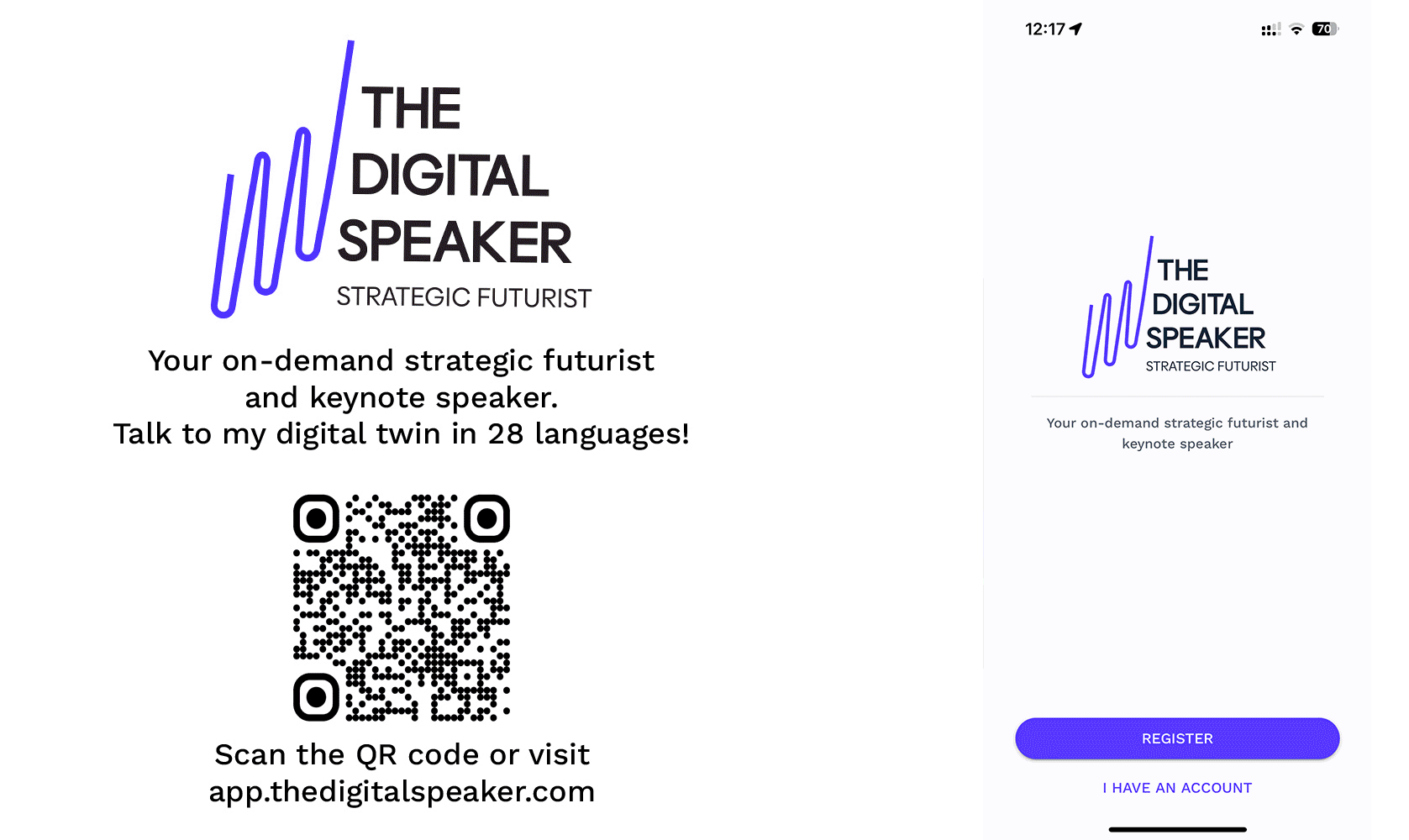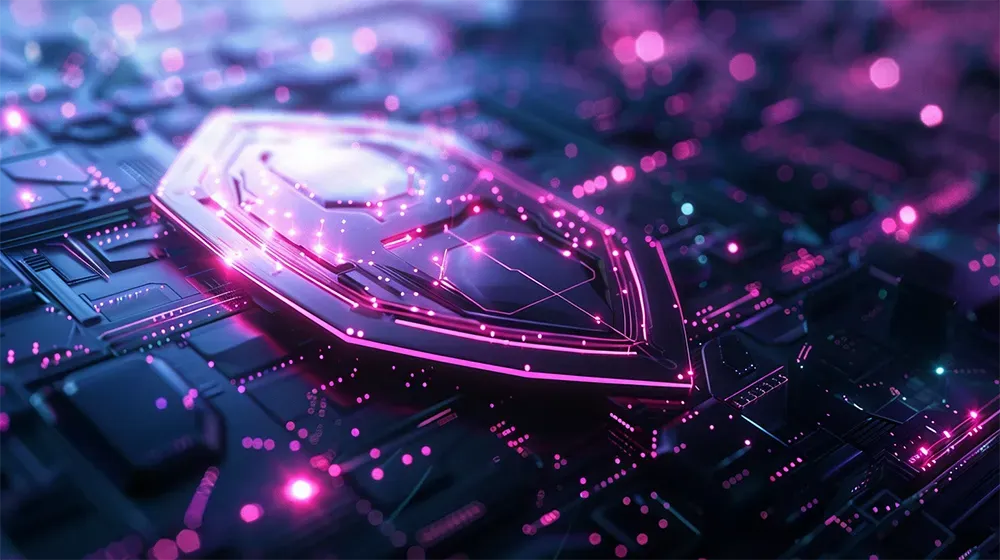Enlightening AI: The Dawn of Photonic Computing

Forget electric dreams, the future of AI is photonic! As China's Tsinghua University pioneers a groundbreaking light-based computer chip, could this be the end of Silicon Valley’s reign over AI technology?
Tsinghua University's pioneering work in developing the 'Taichi' photonic computer chip represents a significant breakthrough in artificial intelligence technology. Unlike conventional AI chips that rely on electricity, the Taichi chip utilizes light to perform computations, paving the way for a radical reduction in the energy costs associated with AI operations. This novel approach challenges the status quo and sets a new standard for future developments in the field.
The Taichi chip integrates two forms of light-based processing within its architecture, allowing it to excel in tasks that traditionally require significant computational power and energy. One of its most remarkable features is its ability to expand computational capacity dynamically, akin to expanding from a compact form into a larger, more complex structure. This scalability is crucial for handling the increasing complexity and data demands of modern AI applications.
In practical terms, the Taichi chip has demonstrated exceptional capabilities in image recognition and content generation. It can accurately categorize images and even generate artistic content in styles reminiscent of famous figures like Vincent van Gogh and Johann Sebastian Bach. What sets Taichi apart is its efficiency, precision, and ability to handle a variety of complex tasks with a fraction of the energy used by traditional silicon-based chips.
Inspired By The Human Brain
Taichi's design is inspired by the neural structure of the human brain, where multiple chiplets within the chip operate in parallel. Each chiplet performs its calculations independently but cohesively, contributing to a solution that mimics a more organic form of problem-solving. This approach significantly reduces the energy consumption typical of AI computations, as data does not need to travel long distances between processing units and storage.
The potential implications of Taichi's technology are vast. For one, it could dramatically decrease the operational costs of data centers that rely on AI technologies, which currently consume large amounts of electricity. Furthermore, its low energy requirement could make sophisticated AI technologies more accessible in regions with limited power resources, thus democratizing the benefits of AI.
With its successful initial tests, Taichi stands as a beacon of potential in the realm of photonic computing. It challenges the existing paradigms within the tech industry and underscores the importance of innovative approaches in overcoming the limitations of current technologies. As this technology develops, it will be crucial to monitor its integration into the broader ecosystem of AI applications and its potential to shift industry standards towards more sustainable practices.
With an ability to execute tasks with 92% accuracy and potentially significant reductions in operational costs, Taichi represents a major step forward in sustainable tech.
This development prompts a significant question: With such advancements in technology reducing the energy footprint of AI, what will be the broader impact on global energy consumption and the future scalability of AI systems?
Read the full article on Singularity Hub.
----
💡 If you enjoyed this content, be sure to download my new app for a unique experience beyond your traditional newsletter.
This is one of many short posts I share daily on my app, and you can have real-time insights, recommendations and conversations with my digital twin via text, audio or video in 28 languages! Go to my PWA at app.thedigitalspeaker.com and sign up to take our connection to the next level! 🚀






